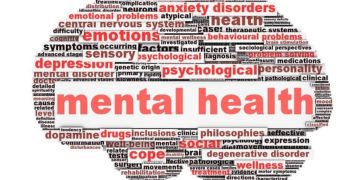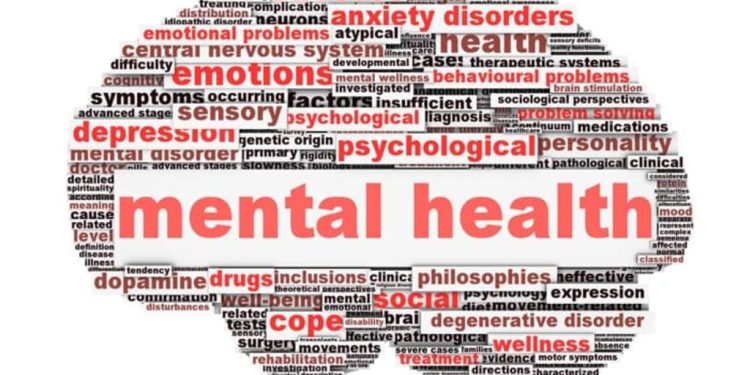In a time when screens dominate our lives and social media never sleeps, mental health has become more important—and more talked about—than ever. The digital age brings both challenges and opportunities when it comes to emotional well-being.
Let’s dive into how mental health awareness is evolving in today’s connected world.
📱 1. The Digital Double-Edged Sword
While technology connects us, it can also:
- Increase anxiety through constant notifications
- Cause loneliness despite “likes” and followers
- Fuel comparison, leading to low self-esteem
Social media often presents a curated reality, not the full picture.
🌍 2. Increased Awareness and Conversations
The good news? The stigma around mental health is decreasing.
Thanks to:
- Online campaigns (#MentalHealthMatters)
- Influencers and celebrities sharing their stories
- Mental health apps and virtual therapy platforms
…it’s easier than ever to talk about mental wellness.
📊 3. Alarming Statistics
Studies show:
- Depression and anxiety are on the rise, especially among youth
- Excessive screen time correlates with poor sleep and mood issues
- Burnout is more common due to blurred work-life boundaries
Understanding these patterns helps us respond better.
🧘 4. Tools for Coping in the Digital World
Digital-age solutions include:
- Meditation apps (like Calm, Headspace)
- Virtual therapy and online counseling
- Mental health hotlines and text support
Setting boundaries, taking breaks, and practicing mindfulness are key.
🤝 5. What We Can Do
As individuals and communities, we can:
- Normalize mental health check-ins
- Encourage honest conversations
- Support friends and family without judgment
- Educate ourselves and others
Awareness is just the first step—action matters too.
🔚 Final Thoughts
In a world where everything is “always on,” prioritizing mental health isn’t a luxury—it’s a necessity. The digital age has made it easier to access support, but also demands that we stay mindful, intentional, and compassionate with ourselves and others.

































































